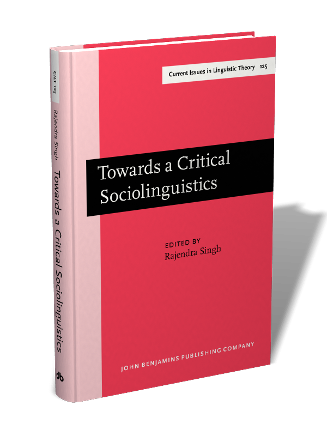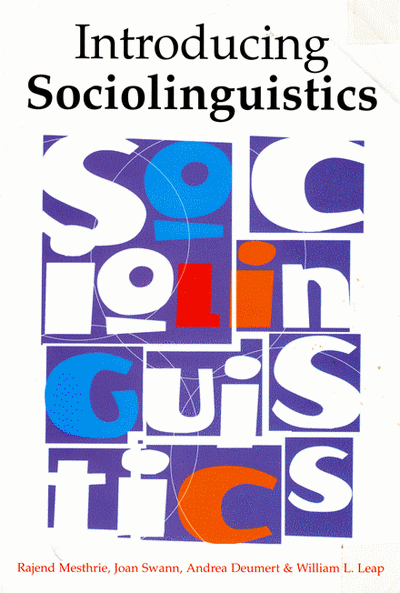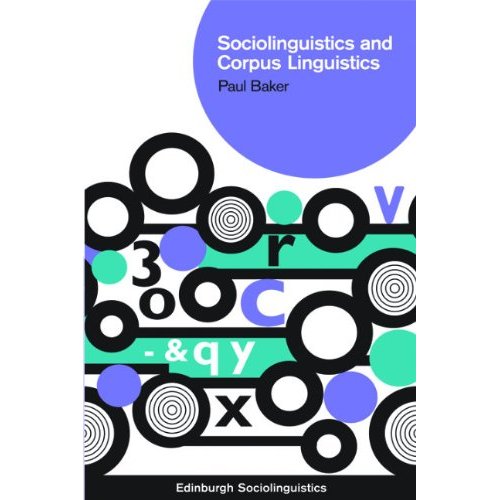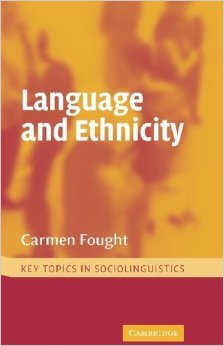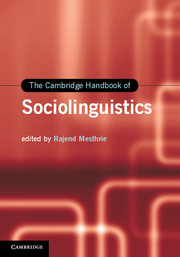Sociolinguistics is the descriptive study of the effect of any and all aspects of society, including cultural norms, expectations, and context, on the way language is used, and the effects of language use on society. Sociolinguistics differs from sociology of language in that the focus of sociolinguistics is the effect of the society on the language, while the sociology of language focuses on language's effect on the society. Sociolinguistics overlaps to a considerable degree with pragmatics. It is historically closely related to linguistic anthropology and the distinction between the two fields has even been questioned recently.
It also studies how language varieties differ between groups separated by certain social variables, e.g., ethnicity, religion, status, gender, level of education, age, etc., and how creation and adherence to these rules is used to categorize individuals in social or socioeconomic classes. As the usage of a language varies from place to place, language usage also varies among social classes, and it is these sociolects that sociolinguistics studies.
An Introduction to Sociolinguistics
Towards a Critical Sociolinguistics (Current Issues in Linguistic Theory, 125)
Introducing Sociolinguistics
Concise Encyclopedia of Sociolinguistics
The Cambridge Handbook of Sociolinguistics (Cambridge Handbooks in Language and Linguistics)
Copyright (c) 2014

